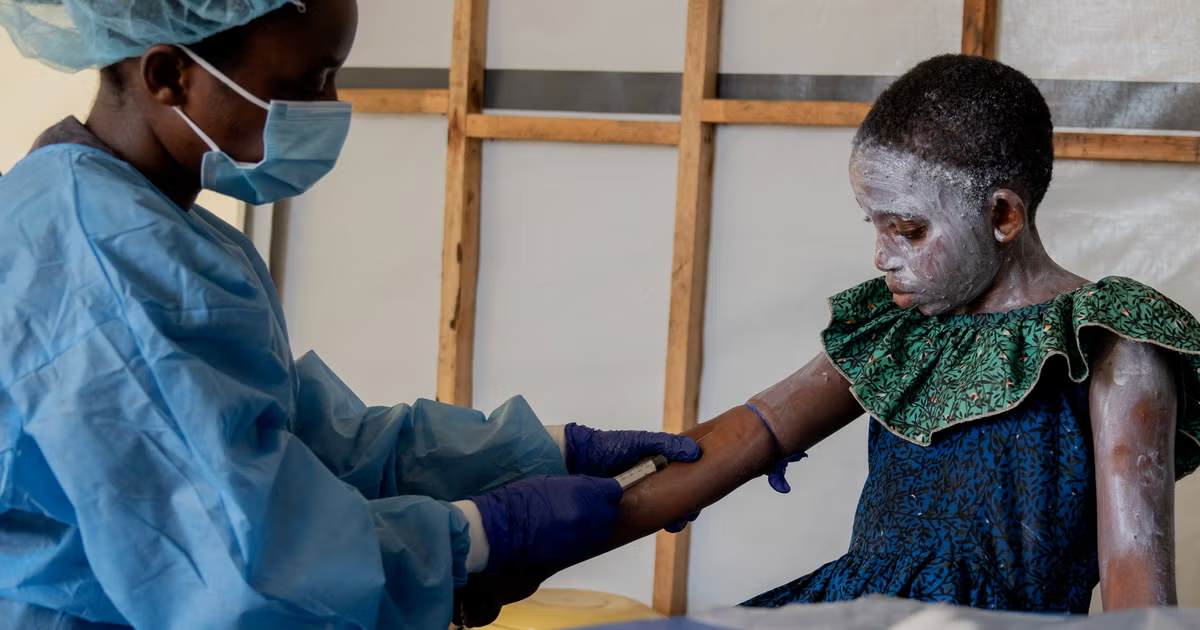Department of Research, Strategic Studies and International Relations 21-09-2024
The United Nations Children’s Fund has launched an appeal for $58.8 million to address the rising mpox crisis across six African countries where children are most affected.
The UN agency said since the beginning of the year, nearly 22,000 suspected and confirmed cases of mpox have been reported, with 60 percent of cases in children under 15.
Approximately 80 percent of the more than 700 mpox-related deaths are among children, particularly in underserved communities.
The appeal is aimed at reaching children affected by the outbreak in Burundi, Central African Republic, Democratic Republic of the Congo, Kenya, Rwanda and Uganda, where the clade 1 variant is on the rise and where thousands of children are at risk of infection, secondary complications, and social stigma.
In its response, UNICEF will provide an integrated approach to break active transmission of the disease, prevent secondary harm to children and support preparedness efforts.
This includes coordination, risk communication, infection control, vaccination, case management, mental health support and essential services.
The DR Congo is the country most affected by the outbreak, with more than 15,000 cases and 700 deaths having been reported according to Care, an international humanitarian agency headquartered in Geneva.
“Women fleeing violence now face infection which is fast spreading in overcrowded camps where soap, clean water and proper healthcare are scarce,” Sidibe Kadidia, Country Director of Care DR Congo, said in a statement on Wednesday.
She said underage girls who have been forced to engage in sex work to provide for their families are at high risk of being infected and transmitting the disease, adding that women and girls taking care of infected family members, especially babies, are highly exposed.
“On top of it all, stigma and lack of accurate information about mpox are all too common, often meaning people only seek treatment when the symptoms are already severe and highly infectious,” Kadidia said.
Kadidia called for urgent global solidarity to help stem the devastating spread of mpox in the DR Congo.
“We are doing everything within our power to control this outbreak, but the truth is, we can’t do it alone. Without immediate increased international support, we risk a humanitarian catastrophe that will not only ravage the DR Congo but could engulf the entire region,” she said.
Kadidia said DR Congo’s mpox response must prioritize women and girls, who face unique risks.

